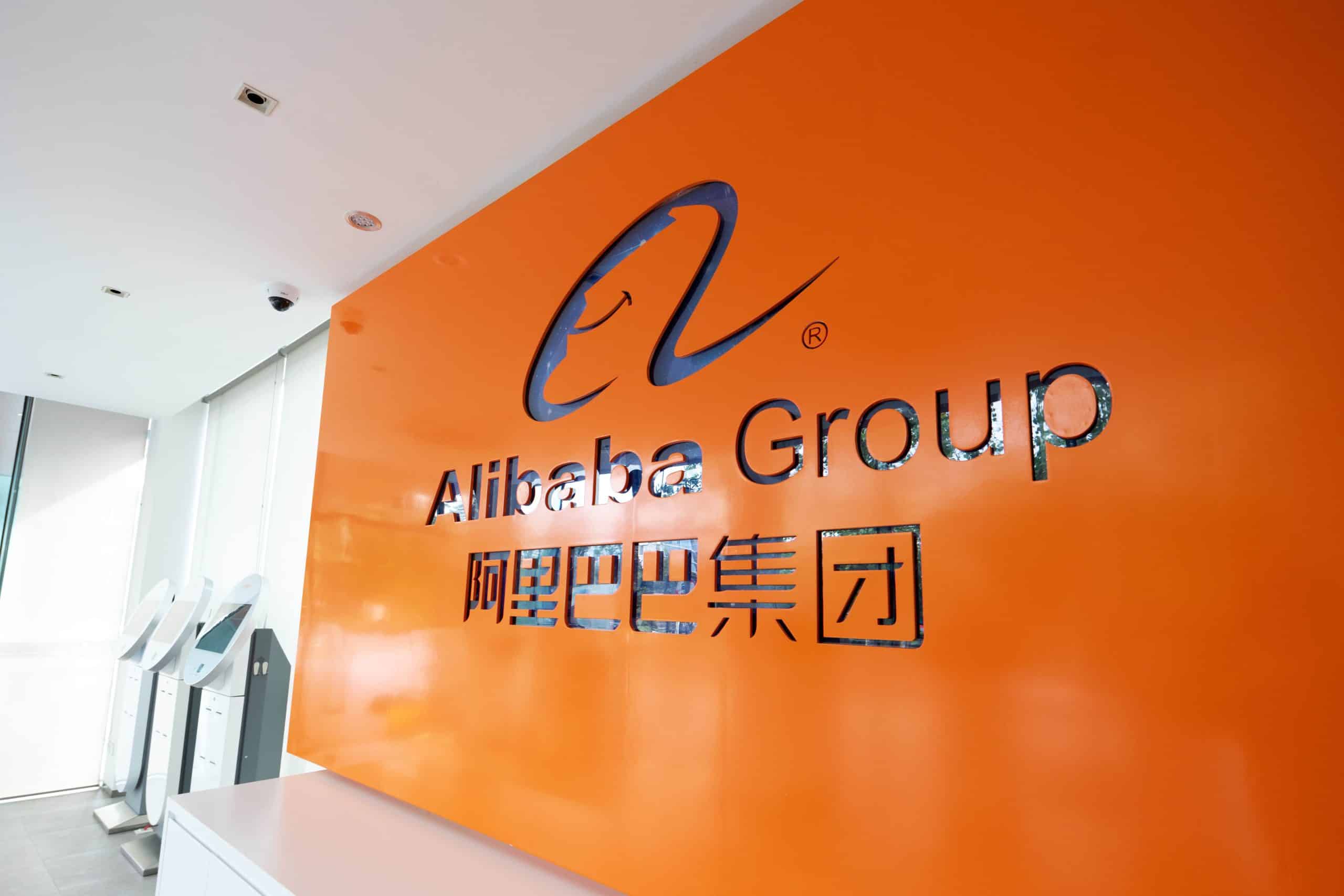Chinese ecommerce giant Alibaba is being accused of ‘possible espionage’ at its new logistics hub in Liège, Belgium. The Belgian intelligence service has been watching the hub carefully due to suspicions that the Chinese government is using Alibaba’s connection to the major logistics hub to gather valuable trade and economic data.
Belgium’s suspicion of Alibaba is not a new trend in the West. Most Western countries are starting to worry that Beijing’s penetration into their markets is becoming a potential threat to their national security.
The US is the prime example as members of its government continue to fight to completely ban TikTok, which is owned by the Chinese company ByteDance, because of its nearly unmatched ability to collect data from American citizens.
These politicians and bureaucrats have good reason to worry about the possibility of the Chinese Communist Party (CCP) forcing TikTok or other Chinese companies like Alibaba to collect valuable private data from American citizens for them.
China enshrined its right to force companies (both private and state-owned) in the country to assist with intelligence operations in 2017 with the National Intelligence Law, passed by Premier Xi Jinping.
What Is Belgium Suspicious Of?
Alibaba was allowed to launch a hub at the massive cargo airport in Liège which it spent about 100 million Euros and 3 years of work to build. While that sounds incredibly expensive, it could easily be worth the cost over time as Liège is the 5th largest cargo airport in Europe and a perfect open door to the West.
The hub houses Cainiao, a logistics giant owned by Alibaba that was spun off from its parent company earlier this year. The company was listed on the Hong Kong stock exchange though Alibaba still owns a majority of its shares, allowing it to retain control over it. This hub is Cainiao’s only one in Europe.
The site is simply an airfield connected to a bunch of large warehouses. Cainiao is currently operating out of a massive 30,000 square meter hangar but it has already started to apply for a huge upgrade with 100,000 square meters of warehouse space.
Worries about espionage started before the hub was built and was even a topic of discussion in Belgium’s parliament. China refuted the allegations that it would use the hub to spy on the West, saying that they were unprovoked and over-exaggerated.
Belgium security services are specifically suspicious of Alibaba’s logistics arm at the cargo airport. They are attempting to detect any “possible espionage and/or interference activities” according to the Financial Times.
One particular area of focus for the Belgian intelligence service is Cainiao’s new logistics software that is used throughout the hub. They believe that the company is helping the Chinese government collect valuable trade and supply chain data that could be used to identify vulnerabilities in the West’s economy.
If Cainiao is indeed collecting data about merchants, supply chains, final customers, products, transport details, and more, it could be enormously valuable for China in the future. Conflicts between major powers are mostly fought with trade restrictions and taxes in the modern day. The more information China has on the West’s trade vulnerabilities, the more damage it can do when it exploits them.
Unsurprisingly, Cainiao denies these claims, saying that they are entirely in compliance with all of Europe’s laws and regulations, including its General Data Protection Regulation (GDPR).
There is far too little evidence (that has been made public) of trade espionage to say that Cainiao is assisting its home country’s national intelligence efforts. Belgian authorities may have more evidence of potential espionage and they are committed to continue investigating Cainiao, at least for the time being.
